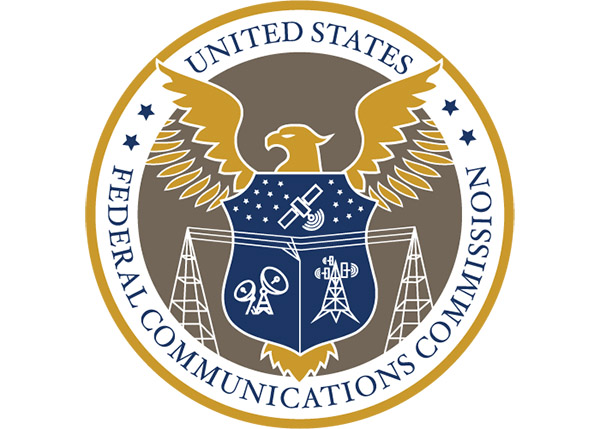In a surprisingly quiet move, the US Senate finally confirmed a fifth commisioner to sit on the Federal Communications Commission. That seat has been empty since January 20, 2021. Even in our current political climate, it’s unheard of for a position this important to have sat empty for so long. But, let’s not look backward. Let’s look forward.
About Anna Gomez

Anna Gomez, the new commissioner, has served in several capacities that make her well-suited to the position. For most of this year, she’s been part of the Biden administration as a “Senior Advisor for International and Communications Policy.” She’s also been a communications attorney for both the US Government and for Sprint. This should mean that both sides of the political spectrum have something to like and something to hate about her. She was part of the FCC in a lower capacity for over 13 years, meaning that she should be able to hit the ground running.
Will this mean “game on” for some sort of FCC agenda?
Anna Gomez was nominated to the position of chair after the previous nominee, Gigi Sohn, failed to be considered for a vote. Sohn was a somewhat more controversial candidate, although similarly qualified.
According to telecompetitor, Gomez’ appointment got plenty of well-wishes from the traditionally right-leaning telecommunications industry as well as consumer groups. While it’s impossible to forecast the future, I think this tends to make everyone feel like the FCC will not run wild with a partisan agenda. Such a run was a big concern and probably a key reason why Gigi Sohn was not seriously considered in Congress.
It’s important to point out that the vast majority of what the FCC does isn’t political at all. They concern themselves with approving applications for new consumer electronics, for making sure that our communications infrastructure is strong, and helping private industry prepare for upcoming challenges. In fact the FCC was hardly a thought for most people until the mid-2000s.
What happened in the mid-2000s?
The FCC has always been charged with licensing anything that could potentially put out radio waves, whether on purpose or by accident. For most of the 20th century, that didn’t mean much. Yes, they got into microwave ovens when they came out, and of course landline phones. But most consumers barely had anything in their home that would concern the FCC.
Of course, the ball started rolling in the 1970s as computer chips were built in to practically everything. In the 1990s as home computing took hold, the FCC was a big part of getting internet service there. And, of course, when we all started our current obsession with our phones, the FCC took center stage. They’re the organization that’s in charge of deciding things like how 5G will come out. They literally define what high-speed internet means. And so, the FCC has become a big part of our lives.
Because they’ve become a big part of our lives, they’ve also become a big part of what divides us because this is the 21st century and of course they have. Perhaps the first time the FCC was so brazenly political was in the 2010s fight for net neutrality. It’s a charged issue and I tend to stay away from politics here on this blog. But if you’re not familiar with the way it went down, it’s worth some googling.
So what happens now?
The FCC has their work cut out for them. There are some real issues out there that deserve addressing. Despite a lot of work, robocalls and spam texts are still a part of our lives. Human telemarketers are too. There’s the matter of laying out a roadmap for future internet service, fixing some of the long-term issues with 5G, and moving broadcasters forward with ATSC 3.0 instead of just punting the ball for another five years.
And yes, there are partisan issues too. There’s net neutrality, which still isn’t 100% dealt with. There’s the question of how to deal with online misinformation and whether or not to apply the same laws to social networks that apply to common carriers like telephone services. And then, there’s the question of media bias and misinformation. Our media landscape is controlled by the smallest number of companies in the country’s history, yet on the other hand, there’s virtually unlimited capacity for differing voices to be heard. No matter where you stand on issues like those, you have to at least admit they’re issues. The new 5-member FCC will do well to try to sort all of that out carefully in a way that can survive future actions from a differently-composed commission. Whipsawing back and forth as the political wind changes won’t help anyone.
Congratulations to Anna Gomez
As I did for Ajit Pai and Jessica Rosenworcel, I offer Anna Gomez my absolute best wishes. She has a lot of work to do, and it’s not going to be easy. Having a three-year backlong sure doesn’t help. Hopefully our country never again sees such a long delay in filling such a critical seat.





